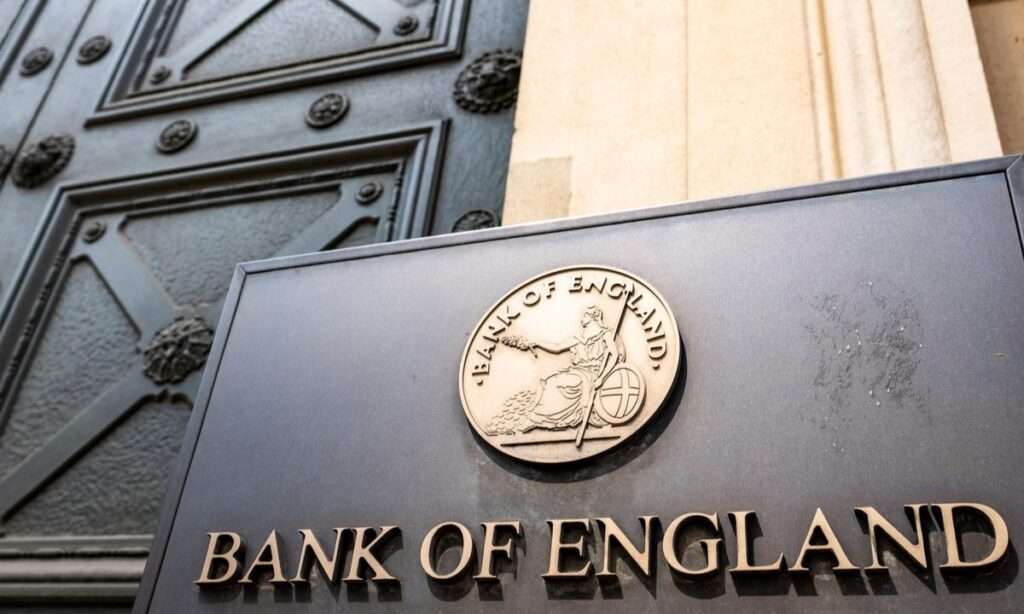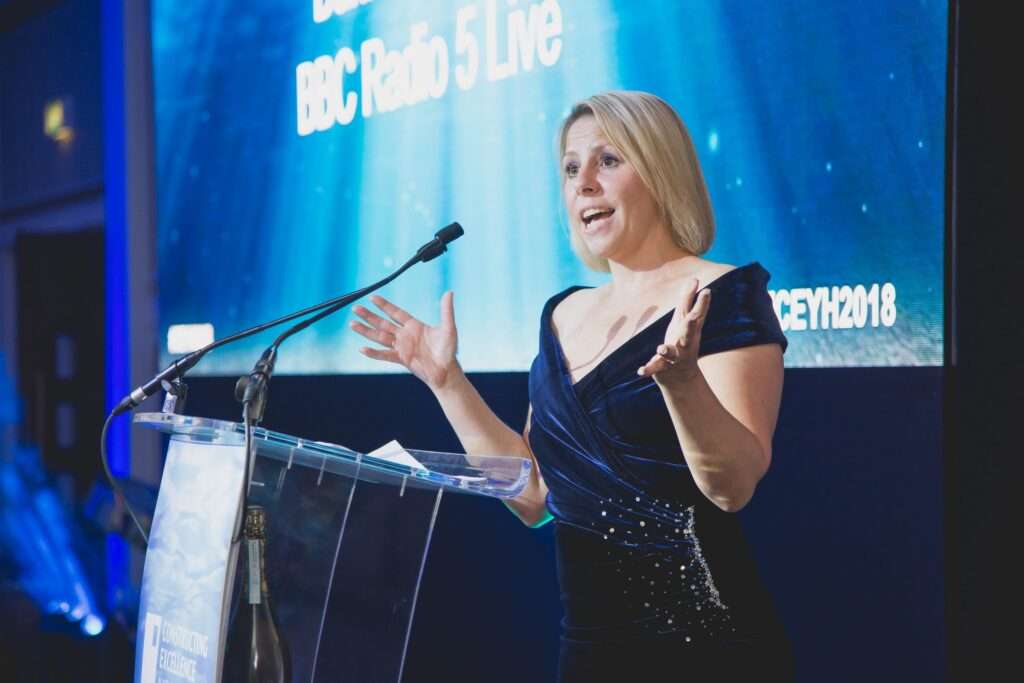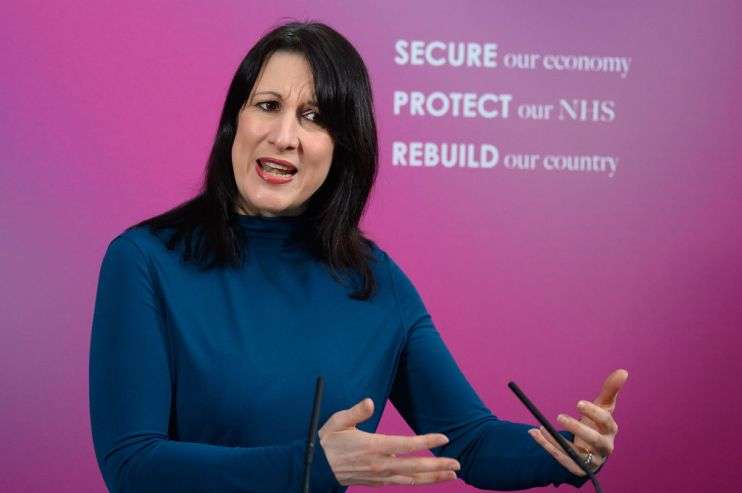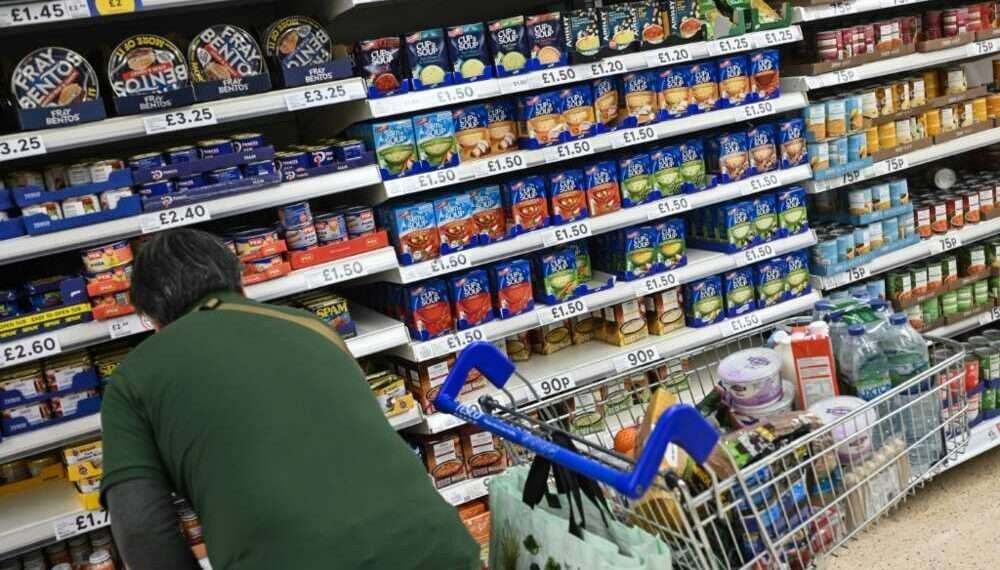Citizens in the UK have seen some sort of relief as inflation rate declined from 7.9% in June to 6.8% in July.
Compared to October last year’s inflation of 11%, inflation rate has seen a significant decline this year, but it still remains high by historical standards and three times higher than the 2% target set by the Bank of England.
Along with the decline in energy cost, there have been a significant decrease in cost of food products like milk, butter, bread, egg, cereal, however, the current food inflation remains significantly higher compared to the previous year.

The Deputy Director of Pricing at the Office for National Statistics, Matthew Corder, revealed that, the recent implementation of the energy price cap, resulted to the reduction of prices of electricity and gas, and has subsequently helped to lower inflation rate in UK.
The current decrease in inflation, according to data, was due to the decreased in energy prices, but there are still complains regarding to high prices of food and other needed essentials, fueling the believe that, there might be a possibility of another interest rate hike in the coming days.

Moreover, the Head of Financial Analysis at AJ Bell, Ms. Danni Hewson, stated that, the Bank of England does not regard the recent decrease as appeasing, but consumers on the other hand, would appreciate the decline in energy and food prices.
“Inflation is still significantly above that 2% target and even if it is cooling off faster than a sunburnt Brit diving into a hotel pool, prices are not falling, they’re just not rising as fast as they have been. Wage increases and price pressures have forced up service costs and that’s weaving its own nasty spell on core inflation.”
Head of Financial Analysis at AJ Bell, Ms. Danni Hewson.
Also, analysts have predicted that, there could be a possible hike in inflation in September, as an effort to control price increase, because the current inflation still does not meet the Bank of England’s target of 2%.
The Central Bank, however has reiterated its efforts to make borrowing expensive for investors, as a motive of protecting inflation rate in the UK
According to the Deputy Chief UK Economist at Capital Economics, Ruth Gregory, the recent salary increases have outpaced the expectations of the Bank of England, thereby forcing the administrators of the Bank to plan to increase interest rates from 5.25% to 5.5% in September.

The shadow Chancellor for the Labour Party, Rachel Reeves has weighed in the inflation situation in UK, describing it as “higher than any other major economies.”
“After 13 years of economic chaos and incompetence under the Conservatives, working people are worse off with higher energy bills and prices in the shops.”
Labour MP and Shadow Chancellor Rachel Reeves.
According to Heidi Karjalainen, a research economist, the government’s vow to halve inflation by the end of this year is “always a little odd as there is only so much the Treasury can do to influence the pace of price increases.”
“When the target was set, the prime minister may have hoped he could rely on falling in energy prices to do most of the work to hit it. However, the stubbornly high rate of price inflation for goods and services other than food and energy has put the target in jeopardy. With only four months to go, it no longer seems at all clear that inflation at the end of the year will have fallen by enough to achieve it.”
Heidi Karjalainen, Research Economist, Institute of Fiscal Studies.
READ ALSO: Net Zero Policy Challenged With Insufficient Funds And Qualified Human Resource, Survey Expose



















